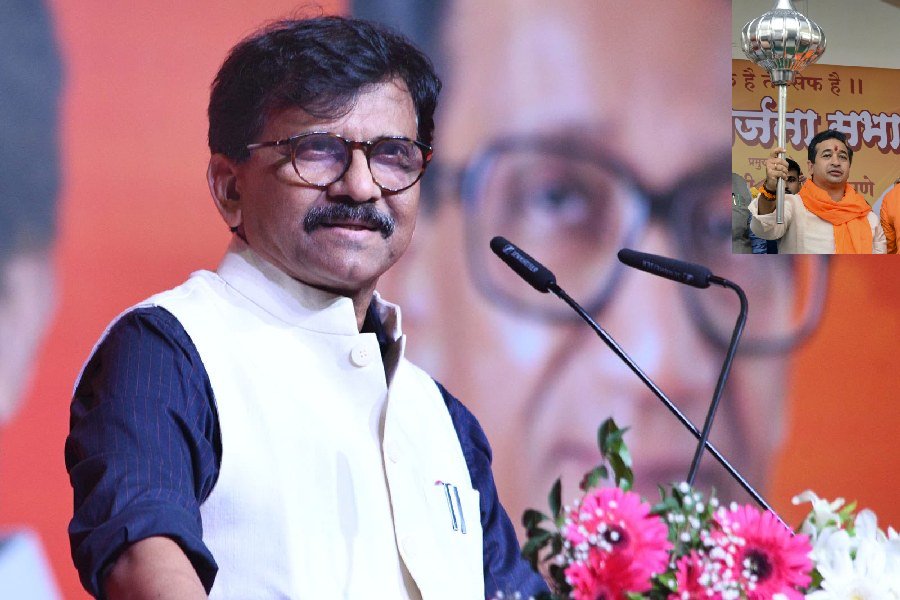Buying a home in your 20s seems like an impossible dream, given the hard facts of life. You’ve just started working, living paycheque to paycheque, possibly away from the comforts of home. Your income is small, your savings negligible. You’re barely doing enough to keep your head above water. So where does the question of buying a home so soon arise?
High costs of living are a challenge for India’s youth. The 2019 Aspiration Index, which surveys India’s aspirations through the lens of personal finance, found that 39 per cent Indians in the age group 22-27 identified the high cost of living as the biggest obstacle to the achievement of their aspirations.
However, the same group also identified owning a home as one of their biggest aspirations. So, how can the youth reconcile the need for home ownership with the high costs of living? Do they need to win the lottery in their 20s? Absolutely not. This is an achievable goal. Here’s how.
Financial discipline needed
Becoming a home owner in your 20s isn’t easy. Therefore, it will require financial discipline right from the start of your working life. As you become financially independent, apply the 50-30-20 ratio to your finances. This means 20 per cent of your take-home pay needs to be compulsorily saved. Limit fixed costs such as rent and groceries to 50 per cent, while 30 per cent can be your discretionary expenses such as eating out. This ratio is ideal at the start of your working life when your income is low.
As your income increases, optimise your finances to move your savings to 30 per cent from 20 per cent. Use a recurring deposit to secure the 20 per cent at the start of every month. The money saved will earn around 7 per cent per annum, much better than the 4 per cent offered by your salary account.
Also, bank any additional income you generate, be it through bonus, gifts or part-time earnings. You could even have a frugal wedding instead of one where your family’s life savings are drained. Every rupee saved is going to help you fulfil your aspiration to own a home.
Property cost
Home ownership consists of countless big and small expenses. If the property costs Rs 100, you’re going to need an additional Rs 7 to pay for stamp duty and registration.
Further, you’ll need to pay for the various costs of financing, paperwork, furnishing, moving, brokerage etc. Let’s assume this will be another Rs 3-5. If yours is an under-construction property, the GST will be up to 1 per cent for an affordable housing scheme, or else it will be 5 per cent. So, your total expenses will stand anywhere between Rs 110 and Rs 120. Of this, a bank will typically finance around Rs 80, subject to your eligibility. It could go higher but the other Rs 30-40 needs to come out of your savings. And this is why disciplined saving is central to home buying.
Aim small at first
Remember that you’re young and you need not aim at fulfilling all your aspirations in the first decade of your working life. They can be fulfilled gradually. Therefore, your first house needn’t be the house of your dreams. It could be a compact, cosy home enough for you and your spouse’s needs.
You could also consider several affordable housing schemes propping up in most Indian cities. Not only are these houses priced attractively but they also attract a mere 1 per cent GST. They can also earn you interest subsidies on your home loan under the Pradhan Mantri AwasYojna. As your income grows, you could always sell this home and upgrade to a more spacious house befitting your income and life needs at that point in time.
Build credit history
You’re probably going to need a loan for your home purchase. To receive any financing, you need a good credit history. Have you seen your credit report lately? It’s what your bank will check before agreeing to give you a loan.
For a good credit score, you need to be punctual with your credit card and EMI payments. If not, your credit score will take a beating. Lenders today reserve the best loan deals for borrowers with a credit score of 750 or more. If you’ve never taken any form of credit, you could start with a basic credit card.
Use it regularly and pay off your dues in the interest-free period every month. This will help you build a good credit score. You could ask your spouse to follow the same drill.
Borrow together
You could team up with your spouse to fulfil your dreams of owning a house. You could combine your income, leverage your strong credit histories to your advantage and also increase your loan eligibility. This may help you borrow a bigger amount than what you could, individually.
Last, you could take a loan with a long tenure — 25 years or beyond — which would keep your EMIs manageable at the start of your working life and become easier to deal with in your 30s and beyond. Also, you can always utilise windfalls or make the most of your pay hikes to prepay lumpsums to clear your loan quickly.
On a joint home loan, both you and your spouse can earn handsome tax deductions under Sections 80C and Section 24B.
Home ownership early in life is a challenging yet richly rewarding goal. Apart from providing your family with a roof over its head, it’s a solid investment and a brilliant tax-saving tool. With some discipline and foresight, you can hit this goal even in your 20s.
The writer is CEO, `BankBazaar.com`









